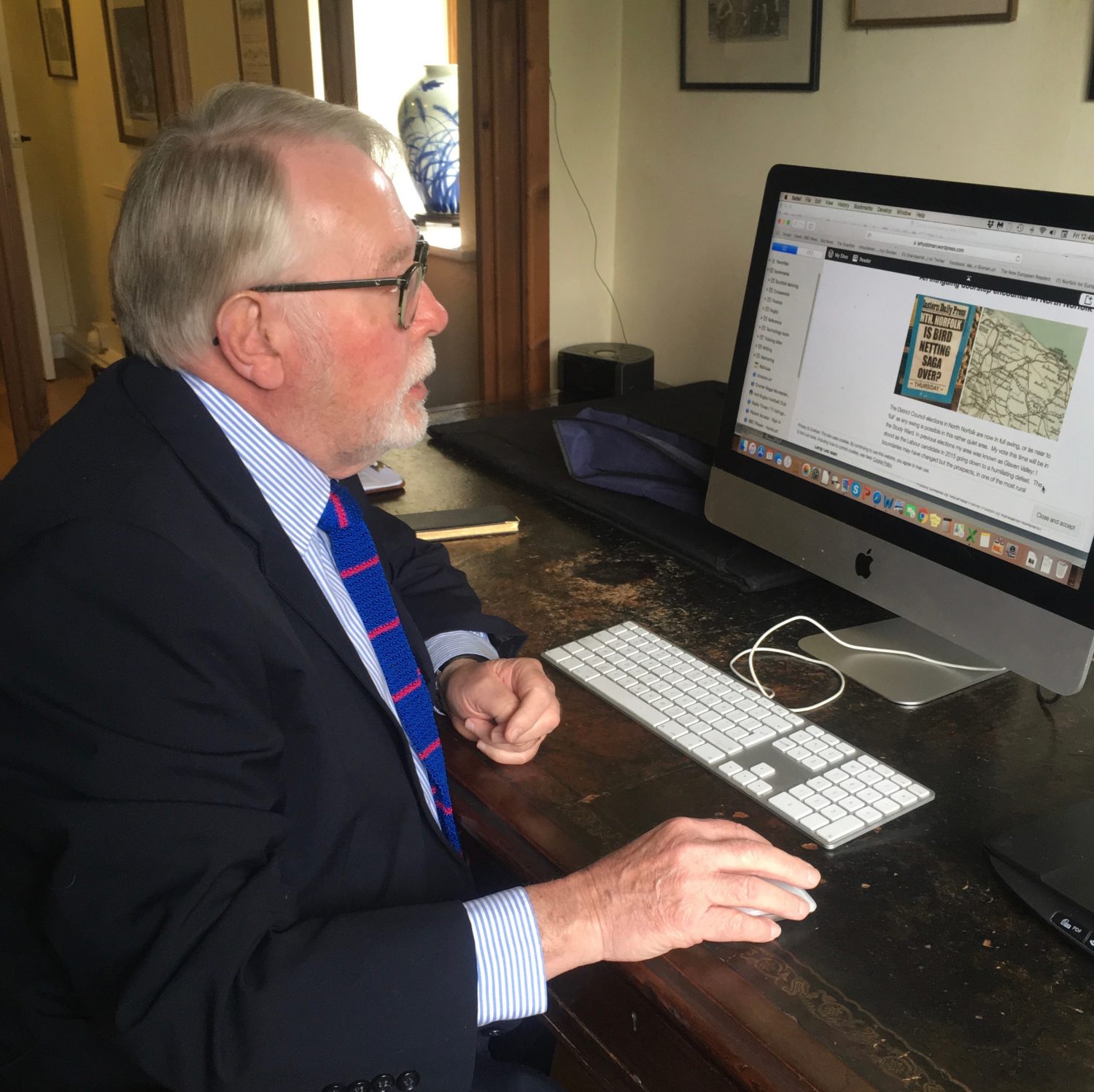
18th June 2020
Lockdown in rural Norfolk has been comfortable but boring: the dearth of other activities has meant that I’ve watched more television. I saw that BBC Parliament was screening historic General Election results programmes and I spent a full day watching the 1964 edition. This led me to reflect and help me put the current political situation into context.
I had just started at University in October 1964. I was hyper-active in the campaign and the screening of the results programme brought back the excitement of the time and the ambition that it fired in me. I was the first member of my extended family to go to University and Labour was the relevant modernising party that would create opportunities for all and end the class system. The capable and impressive Harold Wilson was competing against Sir Alec Douglas-Home, a hereditary peer, who led a party that historically wanted to keep people like me in our place. Suitably inspired by Wilson’s Labour Party of 1964, I determined to become a candidate myself at the first opportunity. I did achieve this ambition and go on to stand for Parliament, though I realise with hindsight that I was ill-suited for the role of MP. Two year after leaving University I was chosen to fight the safe Tory seat of Leominster in the 1970 General Election. The election that year took place on June 18th: exactly 50 years to the day of this final blog post appearing on my site.
A lot has happened since the 1960s. Our country is facing challenges that I could never have envisaged and the Labour Party has undergone a series of convulsions, both in and out of office. We have seen Labour win three general elections in succession; the leader who produced these victories, Tony Blair, has been denounced by a section of the party; last December, with that section in control, we experienced the biggest election defeat in my life time.
Equally important, the focus of political debate has changed over the years. The class system is no longer a burning issue, except in the minds of a handful of unreconstructed Marxists. Instead, we have seen the disturbing emergence of populism and ultra-nationalism, with a political failure of progressive opinion to mount an effective challenge, resulting in the disastrous decision to exit the European Union.
There is however some cause for optimism. We are now seeing the re-emergence of a defining theme of progressive politics, one which took centre stage in the 1960s and 70s. The economic impact of Covid-19 has reinforced the crucial and unavoidable role of government intervention in maintaining employment and stimulating growth. This is the applied Keynesian approach to economics that I went on to study and embrace at University. It is entirely at odds with free-market Brexitism and this has been made evident in the starkest way possible by the pandemic.
We should feel doubly optimistic because, as was the case in 1964, we have found a leader who can articulate this cause in a way that reaches beyond the confines of the already committed. In Keir Starmer we have someone who can unite, at least most of the Labour Party, round a progressive, and above all credible, programme for political change.
Against this background, I’ve now concluded that the leftyoldman blog has run its course and therefore plan no further editions; the 50th anniversary of my candidature at the 1970 election offers a good time to wind up and move on to other things. At a local political level here in Norfolk we desperately need different leadership. I sincerely hope that a new generation will step up and take over.
Enough of nostalgia. I can but hope that, going forward, we will a have competent national leadership for the next 50 years, though, in 2070, I won’t be around to see it. So, many thanks and goodbye to all the 14000 visitors who have landed on this site since it was first established in October 2014
Leftyoldman has now retired from the field. My thanks to all those who followed this blog. The ebook ‘Labour’s failure and my small part in it: a memoir for my grandchildren’ remains available as a free download by clicking the link on the left-hand side of the page.



















